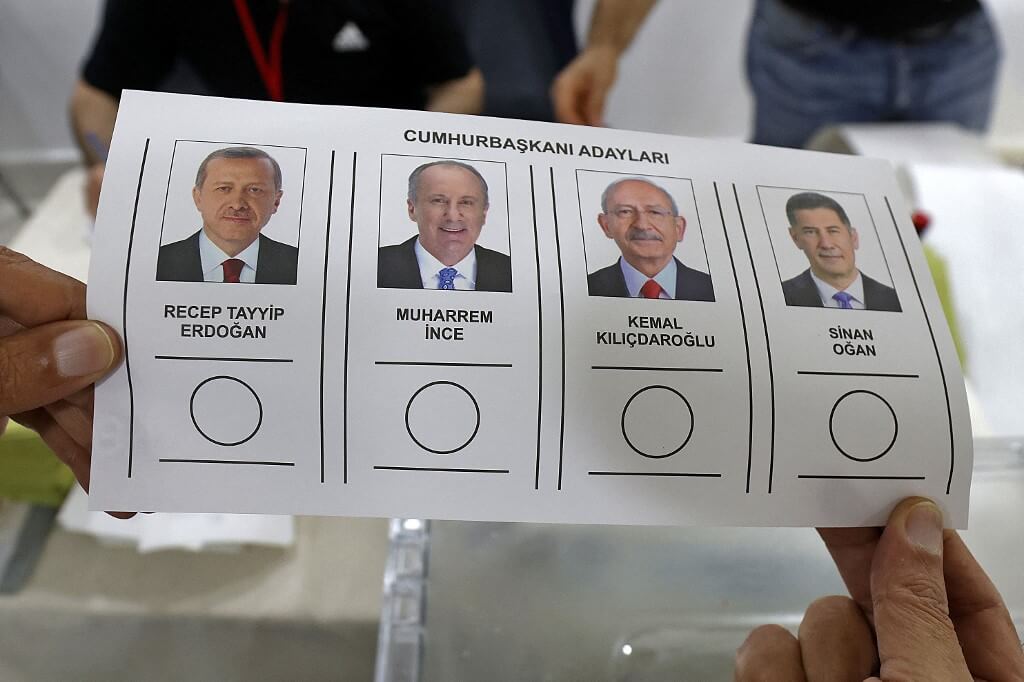Fatih Yurtsever*
According to information revealed by journalist Doğu Eroğlu in July 2022, internet service providers (ISPs) in Turkey have reportedly violated people’s privacy by recording and forwarding data to the Information Technologies and Communications Authority (BTK). These data are collected hourly, including details about websites visited, user location, time of day, port information and even WhatsApp application metadata. According to an official document obtained by the Medyascope.tv news website, the BTK issued a mandate on Dec. 15, 2020 threatening internet service providers with fines if they failed to forward internet users’ traffic data. All the data of citizens who have accessed the internet since December 2020 is in the hands of the government.
Turkey’s main opposition leader and presidential candidate Kemal Kılıçdaroğlu has raised concerns over potential cyber interference in the elections slated for May 14, BBC’s Turkish service (BBC Türkçe) reported on Wednesday. Kılıçdaroğlu, leader of the Republican People’s Party (CHP), warned Presidential Communications Director Fahrettin Altun about possible “Cambridge Analytica-style” tactics on Twitter, sparking a debate on election meddling.
Cambridge Analytica, a now-defunct British political consulting firm, gained notoriety for its controversial methods of mining and exploiting personal data from millions of Facebook users to influence political campaigns, such as the 2016 US presidential election and the Brexit referendum. The firm utilized an app called “thisisyourdigitallife,” developed by Cambridge University researcher Aleksandr Kogan. The app, posing as a personality quiz, harvested the data of those who completed the quiz and that of their friends, amassing information from more than 87 million Facebook users.
The scandal surrounding Cambridge Analytica and its exploitation of Facebook user data ignited a global conversation about data privacy, the power of social media platforms and their potential to manipulate public opinion. The incident led to substantial scrutiny for both Facebook and Cambridge Analytica. The latter filed for insolvency proceedings and closed down operations in May 2018.
The presidential and parliamentary elections on May 14 are significant for Turkey as well as globally. The Economist weekly newspaper covered the Turkish elections with the headline “The Most Important Election of 2023,” emphasizing the importance of this event in the current struggle between democracies and autocratic governments.
President Erdoğan cannot afford to lose this election. The Presidential Communication Directorate may use internet traffic data stored by the BTK to manipulate voter behavior. The directorate, established in 2018, has been criticized for driving public perception in favor of Erdoğan and spreading disinformation about his opponents.
One potential tactic could involve the use of deep fake technology to produce videos featuring presidential candidate Kılıçdaroğlu. Deepfake videos could depict Kılıçdaroğlu in fake meetings with leaders of the terrorist Kurdistan Workers’ Party (PKK) or with ambassadors from the US or EU countries. These images could be disseminated on social media platforms, specifically targeting each voter based on their profile characteristics using data stored by the BTK.
Interior Minister Süleyman Soylu has described the upcoming elections as a “political coup” plot. “July 15, 2016 was their de facto coup attempt. May 14 is their political coup attempt. It’s that unambiguous. May 14, 2023 is the West’s political coup attempt. It is a coup attempt that can be carried out by bringing together all preparations to demolish Turkey on May 14,” Soylu said.
According to Soylu’s remarks, it is obvious that President Erdoğan has established a complex and multi-layered electoral strategy, one that primarily hinges on the creation and perpetuation of the belief of an impending coup against him. The purpose of this strategic maneuver is to incite a sense of urgency and insecurity within his electorate, thereby rallying and mobilizing his voters to unite under his leadership.
Moreover, this tactic also serves as a contingency plan in the event that the election results do not go his way. By convincing his supporters that their democracy is under threat, Erdoğan can potentially incite them to take to the streets in protest. This would create a situation of civil unrest, which could then justify the declaration of a state of emergency to “safeguard the ballot boxes.”
While the country is under this state of emergency, it could provide an opportunity for the manipulation of votes in the ballot boxes. Although not explicitly stated, this process suggests a plan to subtly adjust the vote count in his favor, thereby securing his victory in the election. This complex strategy seems to be Erdoğan’s plan to remain in power as interpreted from Soylu’s statements.
The successful implementation of this strategy depends on shaping voters’ minds in line with this narrative. The BTK and the Presidential Communications Directorate have enough information to manipulate the electorate. If these data are combined with deep fake technology to create and disseminate false images and videos, Erdoğan may have a greater chance of executing his plan.
The world is watching closely as the May 14 elections approach to see how events unfold. The outcome not only affects Turkey but also has broader implications for the ongoing struggle between democracies and autocracies worldwide. The international community must remain vigilant and monitor the situation to ensure a fair and transparent electoral process.
* Fatih Yurtsever is a former naval officer in the Turkish Armed Forces. He is using a pseudonym out of security concerns.

